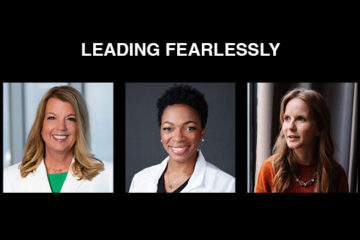By Suzanna de Baca, president and CEO, Business Publications Corp.
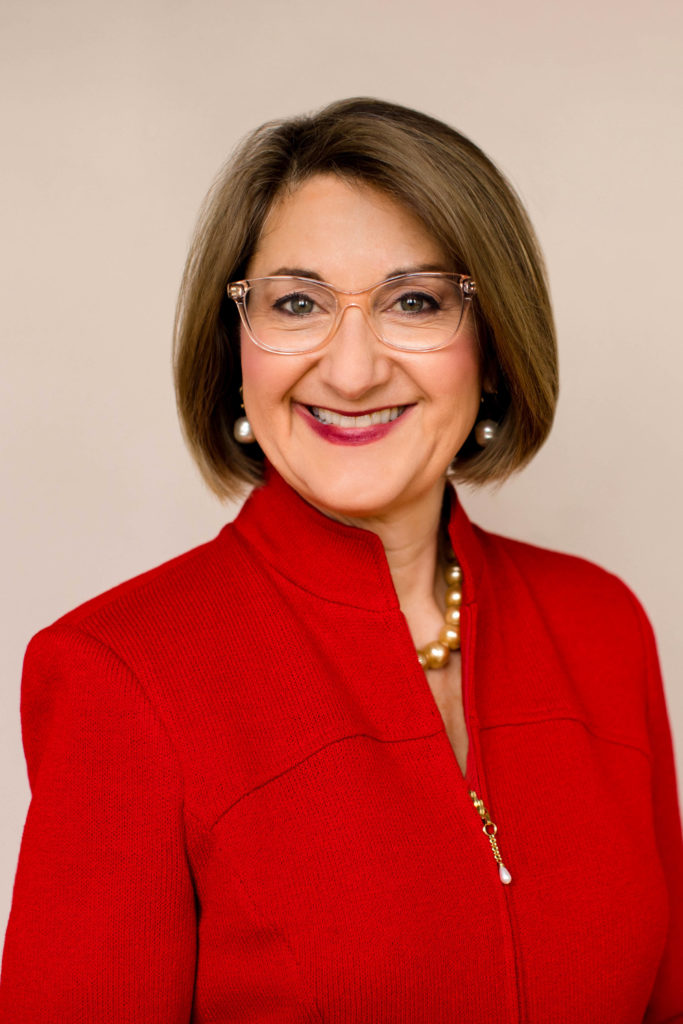
What do Microsoft, Estée Lauder, JPMorgan Chase and General Motors all have in common? No, it’s not their industry or customer base. One feature these Fortune 500 companies share is that they all have female chief financial officers.
For much of my career, there have been few women in the C-suites of organizations large or small. But today, female chief financial officers are on the rise. According to recent research by executive search firm Crist Kolder Associates, 15% of Fortune 500 and S&P 500 company CFO positions in 2021 were held by women, a record number for female representation in this role.
Given that women make up half the workforce, you may be echoing my thoughts that 15%seems low, but the trend is headed in the right direction. The Crist Kolder data shows that as of the middle of 2022, 36% of new CFO hires at Fortune 500 and other major companies were women. What’s more,19% of CFO hires in these organizations have been women of color.
What’s behind this increase? A recent Fortune article suggests that more women are being hired into CFO roles because there has been a robust pipeline and companies have invested in training and development opportunities for women. In other words, when there is a strong bench of qualified female candidates, women enter the consideration set for top roles.
Another reason women may be seeing advancement in the CFO role may simply be positive performance. Recent research by New York University, Bucknell University and Prudential Financial specifically says that women deliver the straight talk especially valuable in this role. A Bloomberg article summarizes that study, saying: “Female chief financial officers are more likely to give concise responses, backed by numbers, while their male counterparts tend to be overly optimistic, use more euphemisms and cliches, and are wordier.”
Whatever the reason, it’s promising to see women breaking some glass in the CFO role. It is equally heartening that Iowa has an impressive number of female CFOs, as well as women chief executive officers and chief administrative officers who perform the CFO function as part of their job.
I turned to some of these women leaders to learn more about their paths to this position and what advice they have for aspiring CFOs.
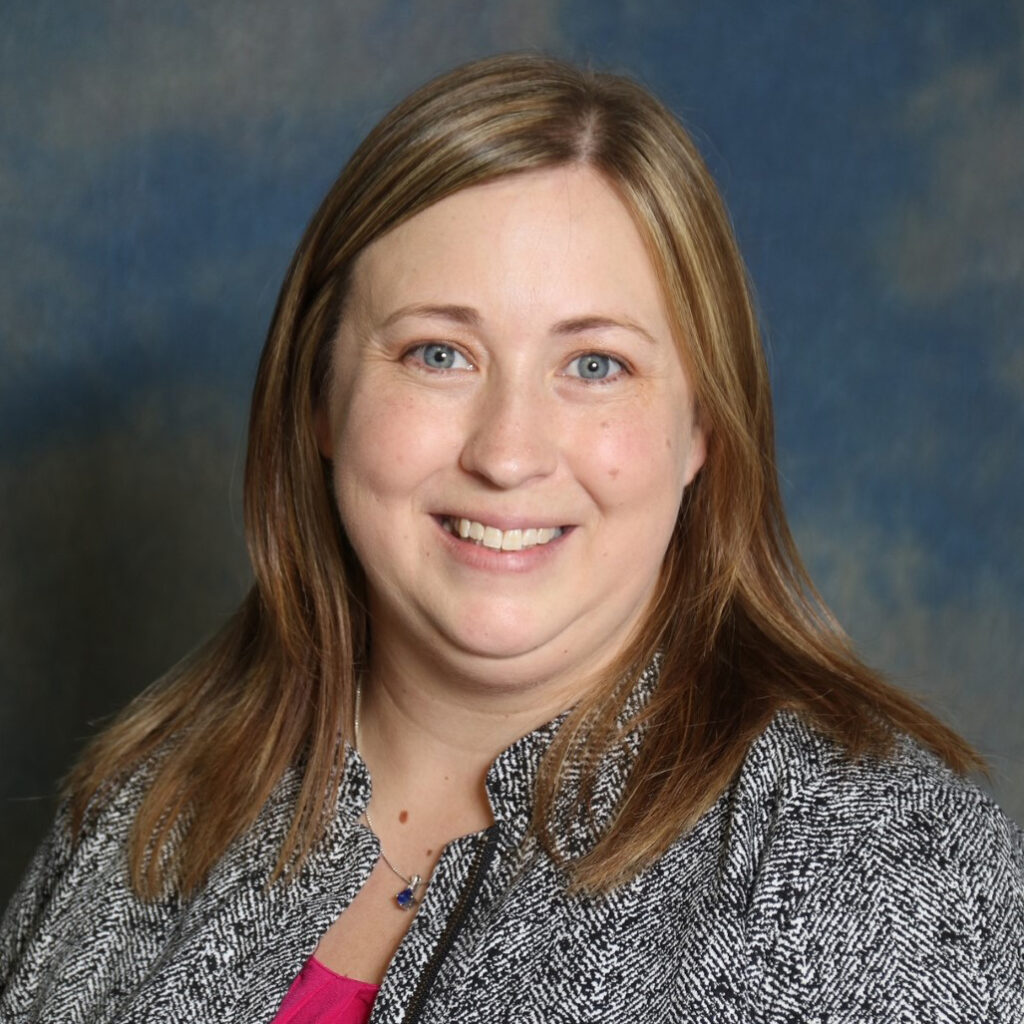
Jamie Bussell, chief administrative officer, Ellipsis: I always knew that I wanted to help people and financial concepts came easily to me, so it made sense to start out in the nonprofit sector, first as an office manager and then a staff accountant. While I was going to school for my Master of Public Administration, I saw a path to apply these skills to the health care field to help organizations manage their resources to provide the highest benefit for their constituents. This eventually led me to a nonprofit CFO role. Over the years, I have gained additional experience and expertise in strategy, facilities, IT and human resources, and now use all those skills in a chief administrative officer role for Ellipsis, a provider of youth and family support services.
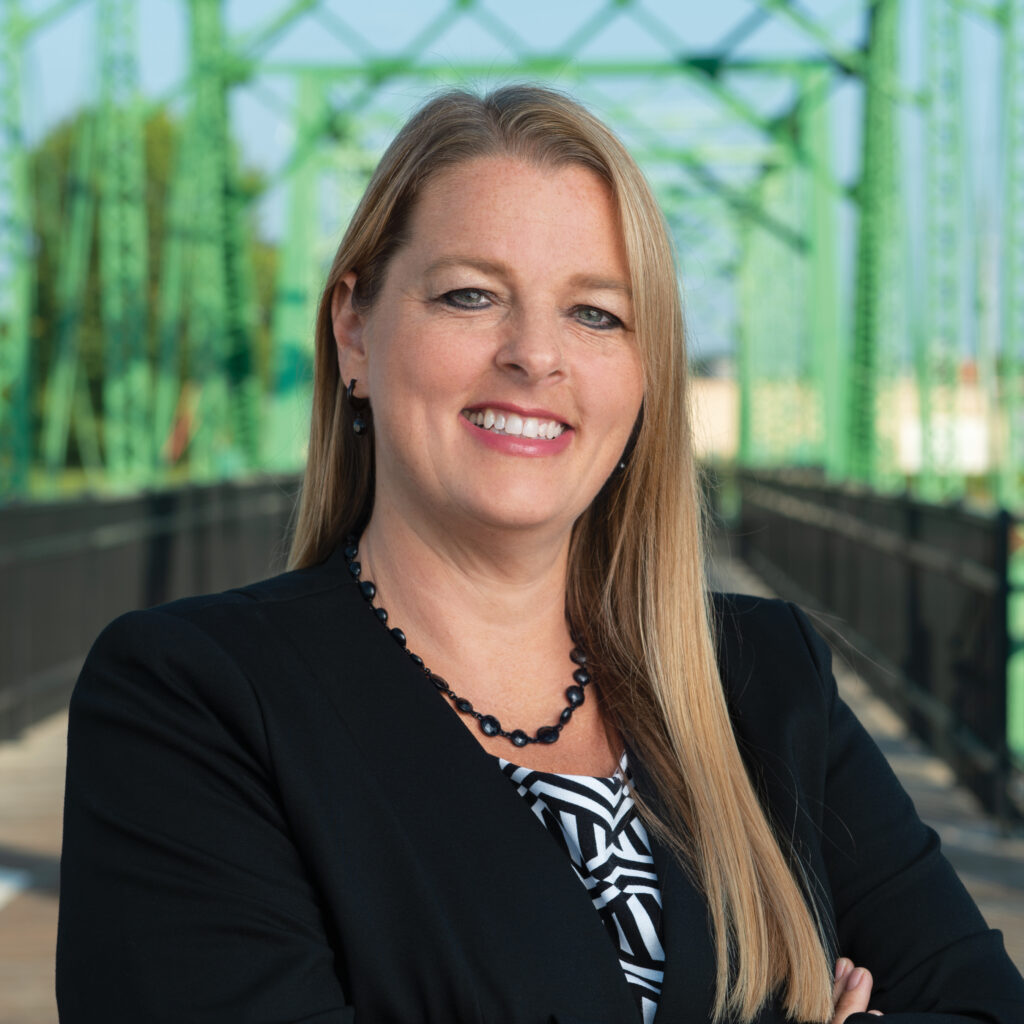
Karla Jones-Weber, chief financial and administrative officer, Community Foundation of Greater Des Moines: Early in my career, I worked on very limited aspects of accounting. I quickly learned the big picture interested me the most, so I began making decisions to change the trajectory of my career. The CFO role has evolved into a very strategic, relational position that is about so much more than numbers. At the Community Foundation, I enjoy brainstorming, collaborating, projecting and translating the impact of business decisions to our board and team. I support every person within our organization along with all those we serve to fulfill our mission to simply be #BetterTogether.
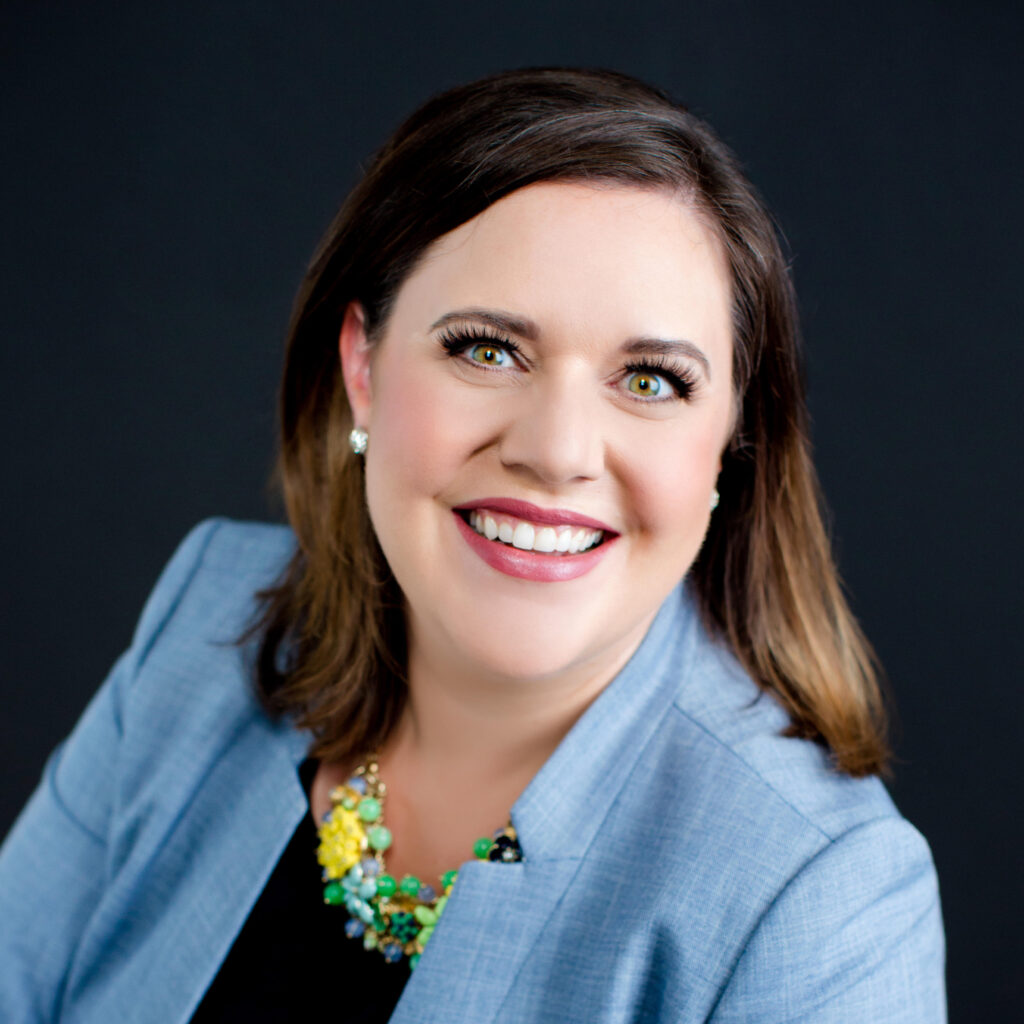
Erin Kuhl, chief financial officer, Krause Group: I have a strong passion for always improving and maturing things – a business, a team, a process. In my role as CFO, I can influence change, drive improvements and develop talent while ultimately growing the value of our Krause Group businesses. I also really enjoy being in a role where I can impact strategy and the broader direction of our organization.

Ying Sa, CEO, CommunityCPA: There is a Chinese saying: “Leaders are created by the given circumstance,” meaning whatever we think has made us so. Early in my career, I was a controller and a CFO, which prepared me to be both the CEO and CFO of the company I started. There were times I felt these titles were too big for me and I wanted to shrink back into a manager role. But clients, staff and business affiliates saw me as a leader. So, with a great deal of fear and self-doubt, I began the journey. Twenty-five years later, I can now introduce myself as the CEO of Community CPA with confidence. My world made me the way I am and I give thanks to all of my staff, clients and others who believed in me.
Leaders’ advice for women who are considering a CFO career:
Set the goal and go for it. Jones-Weber advises women to go after what they want. She says, “Be willing to put yourself out there even if you don’t feel you have all the skills yet. … You are likely more equipped than you believe.” Sa agrees, noting that it is important to have both ambition and desire, and that all careers start with a dream backed up by hard work. She says, “Whatever you want to accomplish, be brave. Write it down and put a timeline next to it.”
Focus on ability: Sa observes that the overall CPA profession is male-dominated, but that the industry is changing. She encourages young women to focus on their ability. She shares that because she is Asian, both the struggles and the advantages in her career have involved her ethnicity, and asserts that it’s the same for gender. “Don’t limit yourself by thinking about your gender,” says Sa, “Instead, let them see how good you are.”
Evolve your skill set: The skills needed by the CFO of today are very different from a historical or traditional CFO skill set, says Kuhl, who encourages aspiring leaders to broaden their skills to include strategy, communications, resource and people management, and collaboration, among other things. Jones-Webber concurs, advising leaders to learn about aspects of business that aren’t specifically related to numbers and financials, saying “Many times, the CFO wears a variety of hats and not all of them are in our educational background.” Bussell echoes this advice, saying, “CFOs now are not just about numbers but strategic thinkers who are not only thinking about the bottom line today, but looking to the future.”
Be the interpreter. Being a CFO gives you the opportunity to translate financials and educate team members on what they mean to the overall organization. “You should be able to tell what’s going on in the organization by the financials,” says Bussell. “It adds great value to an organization if you can become a teacher to educate and communicate what the financials mean in layperson’s terms at every level.”
Listen and speak up. Jones-Webber says that one of the biggest lessons she learned years ago was that her way wasn’t the only way, and her perspective wasn’t always the right perspective. “Being willing to listen to others can provide valuable insight when determining a solution for a challenge or opportunity,” she says. Bussell concurs, saying, “Listen, listen, listen – and then communicate in plain words rather than financial language.” She advises, “Do not be afraid of being assertive for the greater good. Do not just come forward with a problem – state the problem and come forward with options or solutions.”
Surround yourself with support. Big jobs require planning and backup, especially for women who may be juggling multiple professional and personal responsibilities. Kuhl advises women who aspire to a CFO role or who are in one to create the support systems needed to do the job and also stay well. “I’m incredibly transparent about ‘how I do it all,’” she says, pointing at housekeeping, child care and outsourcing as examples, and adding, “I do not ever, EVER let a woman feel like they’re supposed to do an executive job plus stay social, sane and healthy without some serious help.”
